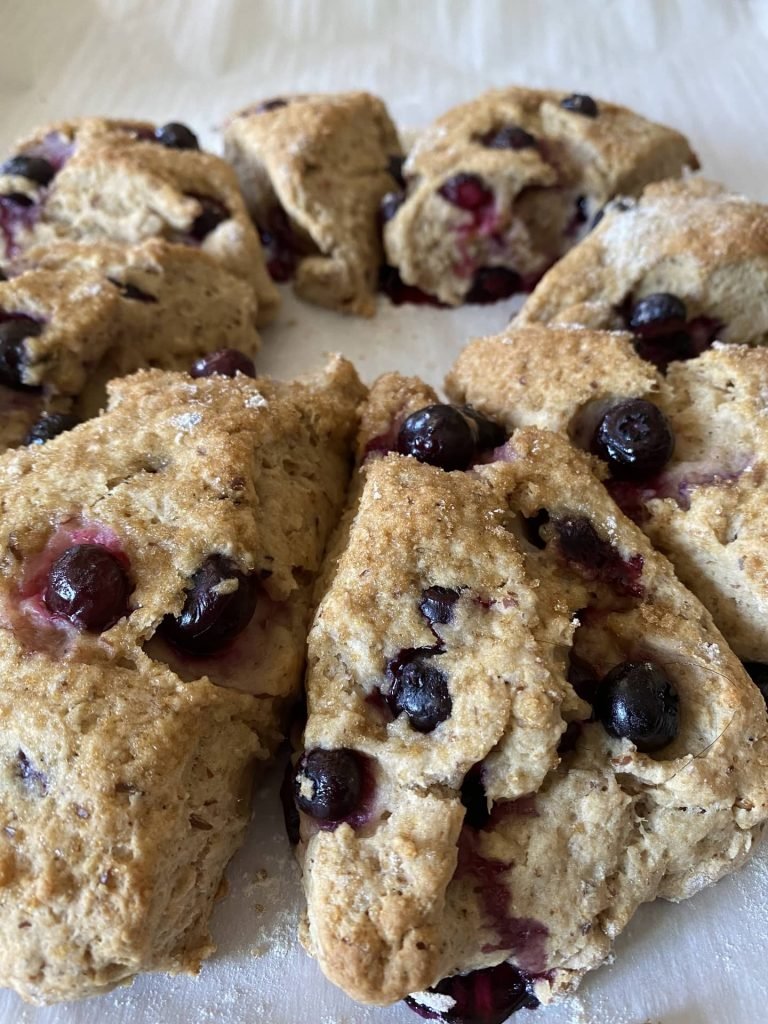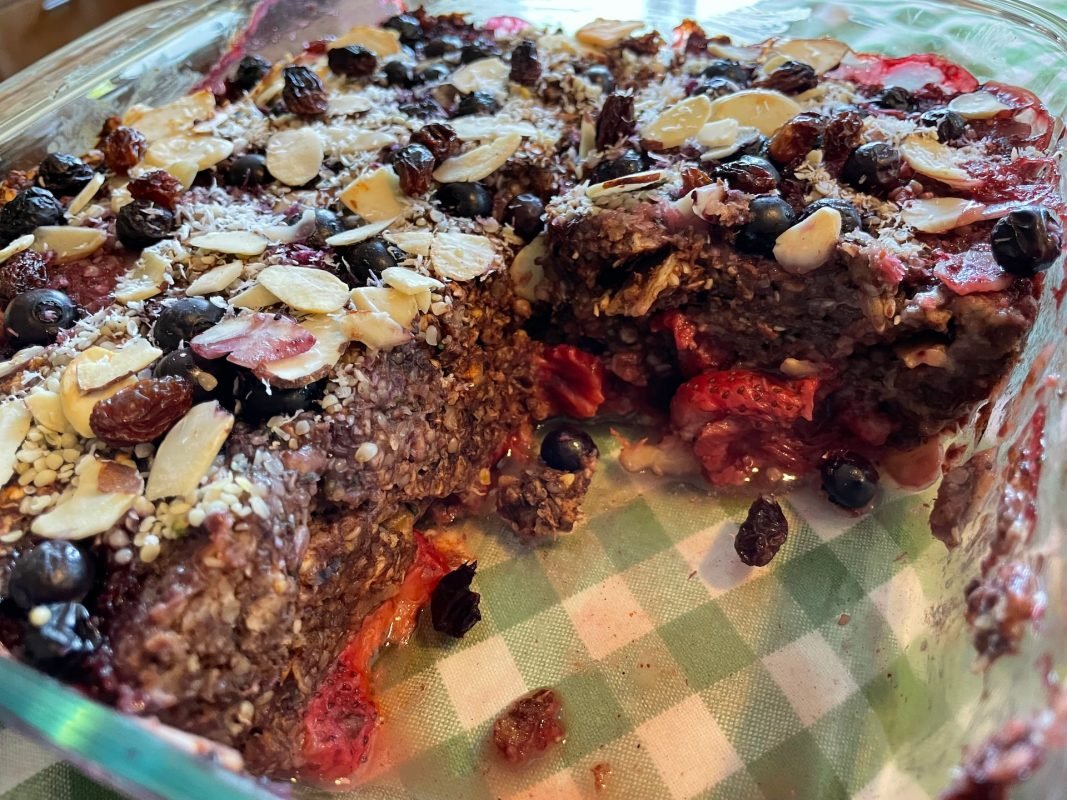What is Inulin?
Inulin: What Is It and Why You Want it In Your Diet

If you don’t know what inulin is, you have lots of company. Inulin is a particularly beneficial prebiotic fiber. It is found in high concentrations in chicory root and Jerusalem artichokes. Inulin also occurs in leeks, asparagus, onions, wheat, garlic, oats and soybeans. Over the past few years, it’s been getting more mentions in health literature and articles, due to a growing body of clinical evidence showing the many benefits that this important prebiotic offers.
Prebiotics, as may know, are important to the body. They are the food and support system for the vast array of friendly and vitally important bacteria in your digestive tract. By consuming more prebiotics, both from food sources and in supplement form, you can help increase the number of good gut bacteria. You also get a whole lot of other benefits directly from the prebiotic fibers.
High quality prebiotic fibers like inulin provide numerous systemic benefits to the body. Inulin fibers and whole food sources very rich in them, like chicory root and Jerusalem artichoke can help improve regularity, lower blood sugar and fat levels, and help with weight loss. They also can help lower the risk of colorectal cancer and keep the intestinal lining healthy, alleviating “leaky gut syndrome” a chronic inflammation of the intestinal lining.
Clinical research shows that one way high-quality prebiotic fibers like inulin help is through a fermentation process in the colon that produces Short-Chain Fatty Acids (“SCFA”). SCFAs inhibit the growth of harmful bacteria and stimulate the growth of Lactobacilli bacteria and Bifidobacteria in the intestinal tract.
This boost in the production of SCFAs has been shown to help reduce digestive discomfort and with constipation. One key SCFA, acetate, seems to help suppress inflammation and keep the intestinal lining healthy. This benefit is now established enough from clinical research, that the European Food Safety Association, the European equivalent of the FDA, has approved the labeling claim that consuming inulin eases constipation.
Another key SCFA that inulin helps boost is butyrate, which has been linked to helping lower the risk of colorectal cancer. Boosting the production of SCFAs also helps increase the absorption of essential minerals like calcium.

The potential benefits of inulin in helping control blood sugars have been shown in multiple clinical trials. A meta-analysis of 33 clinical trials testing the effects of inulin on glycemic indicators (i.e. the effects of inulin on blood sugar), found that inulin supplementation helped to significantly reduce the four main glycemic indicators tested for. This is of particular interest to those who are Type 2 diabetic or pre-diabetic.
Another important potential benefit of inulin in today’s weight conscious world is that it can play a positive role in appetite control, which in turn can help with weight control. A weight-loss study of involving 44 pre-diabetic people conducted under the guidance of a dietician, found that those in the group taking inulin supplements for 18 weeks had a weight loss of 7.6 percent of body weight, compared with a weight loss of 4.9 percent in the group taking cellulose, another type of fiber.
While a healthy diet that includes plenty of vegetables, fruits, nuts and whole grains should provide a rich source of essential prebiotic fibers, nutritional supplements can play a key role.

This is why we include a generous helping of whole food inulin prebiotic fiber from whole food chicory root and Jerusalem artichoke in our popular probiotic products (FEM PRO for women and our Broad Pro 60 Billion Daily Probiotic for men and women). Along with all the potential great benefits of inulin, including it with the probiotics gives you peace of mind that they will be better absorbed by your body.

REFERENCES:
- Meta-Analysis of 33 Randomized Trials, 2019:
Inulin-type fructans supplementation improves glycemic control for the prediabetes and type 2 diabetes populations: results from a GRADE-assessed systematic review and dose–response meta-analysis of 33 randomized controlled trials
Long Wang, et al
https://www.ncbi.nlm.nih.gov/pmc/articles/PMC6896694/ - Effect of inulin-type fructans on blood lipid profile and glucose level: a systematic review and meta-analysis of randomized controlled trials 2016
F Liu, et al
https://pubmed.ncbi.nlm.nih.gov/27623982/ - Prebiotics Reduce Body Fat and Alter Intestinal Microbiota in Children Who Are Overweight or With Obesity 2017
Alissa C Nicolucci, et al
https://pubmed.ncbi.nlm.nih.gov/28596023/ - Effects of high performance inulin supplementation on glycemic status and lipid profile in women with type 2 diabetes: a randomized, placebo-controlled clinical trial 2013
Parvin Dehghan, et al
https://pubmed.ncbi.nlm.nih.gov/24688953/ - Young Adolescents Who Respond to an Inulin-Type Fructan Substantially Increase Total Absorbed Calcium and Daily Calcium Accretion to the Skeleton 2007
Steven A Abrams
https://academic.oup.com/jn/article/137/11/2524S/4664499 - A randomized controlled trial: the effect of inulin on weight management and ectopic fat in subjects with prediabetes 2015
Nicola D Guess, et al
https://pubmed.ncbi.nlm.nih.gov/26500686/ - Changes in stool frequency following chicory inulin consumption, and effects on stool consistency, quality of life and composition of gut microbiota 2019
Anthony W Watson, et al
https://www.ncbi.nlm.nih.gov/pmc/articles/PMC6686634/ - Health Effects and Sources of Prebiotic Dietary Fiber 2018
Justin L Carlson, et al
https://www.ncbi.nlm.nih.gov/pmc/articles/PMC6041804/ - Fiber and Prebiotics: Mechanisms and Health Benefits 2013
Joanne Slavin
https://www.ncbi.nlm.nih.gov/pmc/articles/PMC3705355/ - Inulin-enriched pasta affects lipid profile and Lp(a) concentrations in Italian young healthy male volunteers 2008
Francesco Russo, et al
https://pubmed.ncbi.nlm.nih.gov/18853230/









